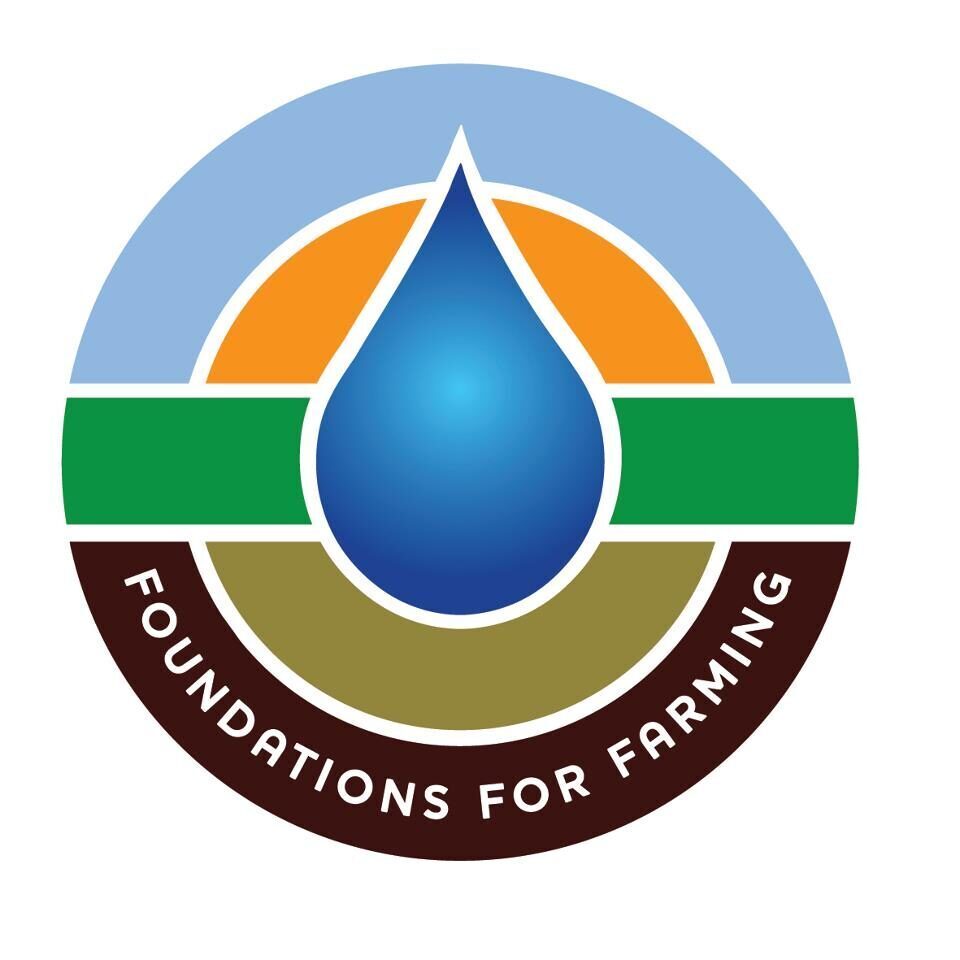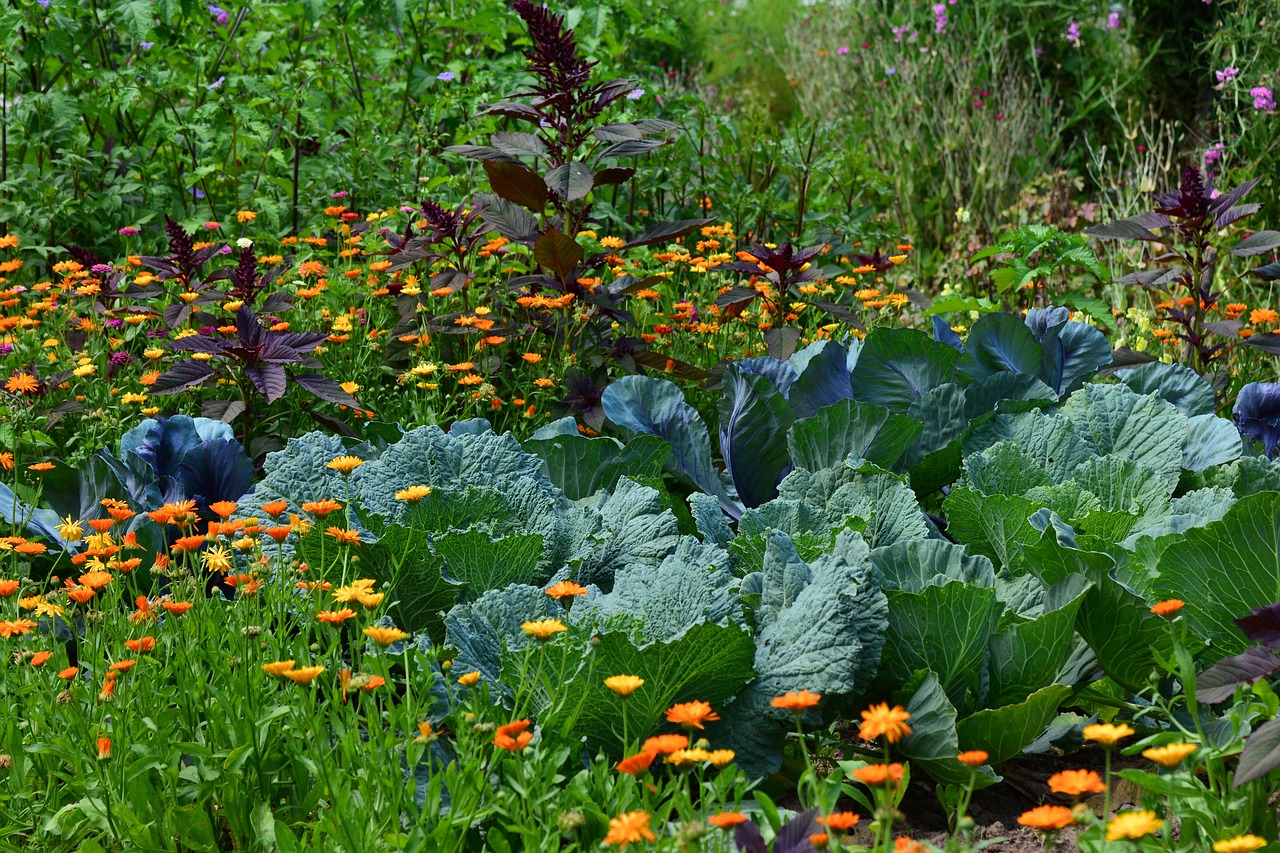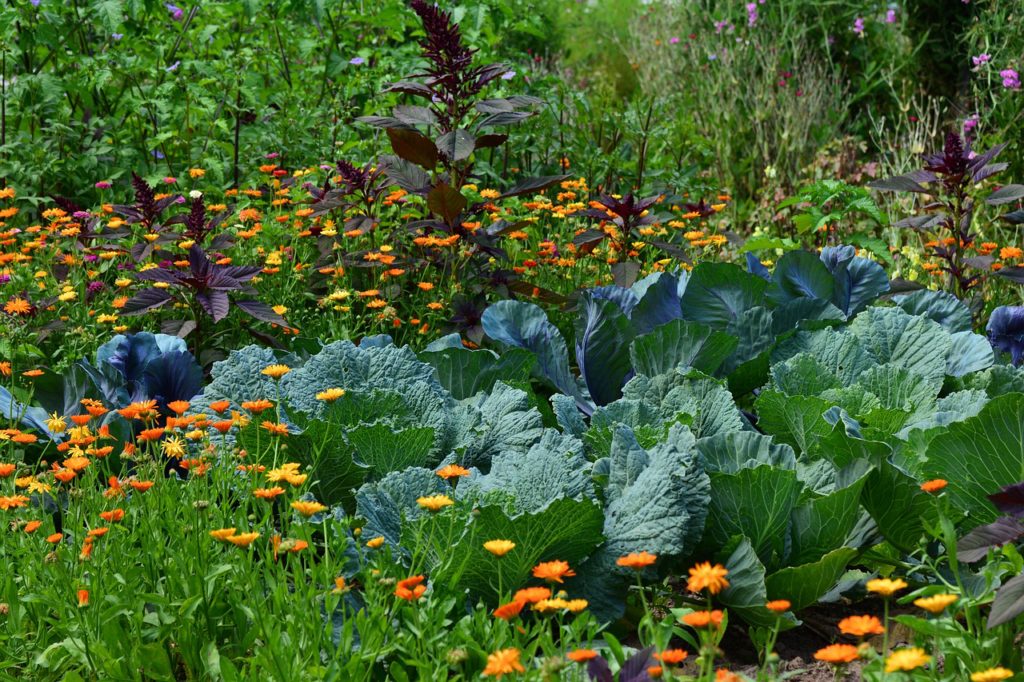Lessons we Can Learn from the Garden of Eden
Alright, so if God put us on the earth to be stewards of it and care for and work it, what exactly should the result look like? What should be the characteristics of our farms or gardens? What should be the difference between the wilderness parts of the earth and the parts we tend?
This was probably a question Adam had when God first gave him the job of ruling over the earth.
God—“Adam, I want you to be fruitful, to multiply and fill the earth, to subdue it, and to rule over all the creatures.”
Adam—“Great! But what exactly do you want me to do? I mean, your world is so wonderful, what else am I supposed to do to it?”
God—“Yes, it is wonderful, but it’s been designed to benefit from your care and management. And don’t worry, I will give you an example and you can get some ideas from it. Come, let me show you the garden I just planted.”
In my opinion we can’t have a better example of what our farms or gardens should look like than the garden God planted Himself. Let’s look at the description of the Garden of Eden in Genesis.
“Now the Lord God had planted a garden in the east, in Eden; and there he put the man he had formed. And the Lord God made all kinds of trees grow out of the ground—trees that were pleasing to the eye and good for food. In the middle of the garden were the tree of life and the tree of the knowledge of good and evil.” (Genesis 2:8–9)
So what were the characteristics of the garden God planted? What were the attributes that man was supposed to imitate in taking dominion of the rest of creation? Here are three major attributes of the garden of Eden that I believe should define a Christian farm.
1. A Christian’s Farm Should Be a Home
The biggest difference between the garden of Eden and the rest of the “un-gardened” creation was the fact that it had man dwelling in it and tending it. It wasn’t just a beautiful place to grow food, it was a home, a place to live. A place where man walked with God, worked, and spent time with his family. I believe our farms should be homes that are beautiful and fruitful, not just workplaces where we also live. Many times our farms can take over our lives because we never leave our work and go home. We tend to work all the time because we live where we work. However, as good as work is, our lives are to be primarily relationship-oriented (God and people), not work-oriented. Therefore, we should view our farms as, first and foremost, our homes, and not a production factory where we live.
2. A Christian’s Farm Should Be Beautiful
When God planted the garden of Eden, He didn’t just go for function. It says that He planted trees that were pleasing to the eye. This garden was to reflect the beauty of God Himself, as well as be a pleasant place for man to live. Our farms should do the same. They should be the most beautiful farms in the world. It is true that many times on a farm it’s “function over form,” but sometimes we can go too far in that direction. We are not just trying to crank out production with the least amount of effort regardless of what it looks like (or smells like). We need to care for creation as God cares for it. And we need to do it with all our heart, displaying our love for God in the very aesthetics of the land we tend.
3. A Christian’s Farm Should Be Fruitful
In addition to being beautiful, we see in the passage above that God planted trees in the garden that were good for food. These were not just ornamental. They grew the food that was needed for man. In this way God displayed His provision and care for Adam and Eve. They, in turn, were able to gain the satisfaction of nurturing the trees and eating the fruit of their efforts. God has given us an abundance of resources in His creation. Our farms need to reflect that abundance by utilizing the resources. So often our farms waste so many resources and end up being unprofitable. Christian farms, however, should be more productive and fruitful than other farms because they recognize, with thankfulness, the provision of God in Creation and waste nothing.
If we want our farms to be born-again, a good place to start would be to copy the characteristics of the garden of Eden. We should seek to have farms that are beautiful, fruitful homes.
The main difference between wilderness and a garden is the presence of man. It’s a place where man dwells and walks with God. Man was created to work the ground, and the ground was designed to be worked by man. Genesis 2:4–5 says, “When the Lord God made the earth and the heavens and no shrub of the field had yet appeared on the earth and no plant of the field had yet sprung up, for the Lord God had not sent rain on the earth and there was no man to work the ground.…”
Many people would have us believe that nature is in its perfect and best state as wilderness, and any intrusion by man is a blight on the landscape. However, although the “unsubdued” parts of nature were declared “good” by God at the end of the creation week, man and his role to work and care for the earth was also declared good. Wilderness is good, but its design and intent was that it should be improved by man’s proper management. Isaiah 45:18 declares, “For this is what the Lord says—he who created the heavens, he is God; he who fashioned and made the earth, he founded it; he did not create it to be empty, but formed it to be inhabited” (emphasis mine).
Although I am still working on applying all the principles shared in this chapter on my own farm, I can testify that a born-again farm is a great place to live. Because it’s designed to be a beautiful, fruitful home, it’s a joy to go out and work every day. There are still days, as I progress in the journey, that I have to purpose to be thankful, but I wouldn’t trade my “office” or “co-workers” with any others in the world. I pray that as our farms become more beautiful, fruitful, and habitable, the world will begin looking to us to tell them the secrets of our farms. Then we can point them to Christ.
(Excerpt from the chapter ‘The Born-Again Dirt Farm’ in Born-Again Dirt, Farming to the Glory of God)






2017 was the prettiest our farm had been in a decade.
Now…… Not so much.
This article is an encouraging reminder to persevere.
Thanks for your example of faithfulness in the midst of persecution my brother. God will bring beauty from your ashes and light will shine brighter in the midst of darkness!
Your Brother in Christ,
Noah Sanders
Thank you Noah for sharing your thoughts! It is so encouraging to see a True Christian farmer, that points everything back to God. I am so thankful to have found you website, as I was feeling kinda discouraged by so much nature worship in farms rather than Creator worship. I can’t wait to get your book. I hope you post more YouTube video too.
Thank you for your encouragement! I too get discouraged after hearing so much about farming and gardening without any reference to the Creator! May God raise up a generation of Christians who become leaders in excellent land stewardship for his glory.
I hope to be producing some more resources in the coming months. Please give me any topics or questions you would like to see addressed. Thanks!
Does it seam reasonable that Permaculture is a much closer walk towards Edenic stewardship than conventional agriculture?
In general I would agree. It depends on what all you group into the definition of Permaculture. Permaculture does an amazing job of observing God’s design in creation and using that wisdom to produce amazingly productive farms and homesteads. What would be termed “conventional agriculture” tends to ignore the design of God and so there can be many harmful side effects. However, many people also include a lot of other ideologies with permaculture that are not very biblical or are actually anti-God. I hope to see Christians take back permaculture for the glory of God! I am glad to see that perhaps you are involved in doing that yourself.
“Close the loop” by bringing Jesus back into Permaculture!
Thanks for reflecting our Creator through your thoughts and deeds. We are blessed!
Amen! Thanks for the encouragement.
I have taken a permaculture design course because I thought this was so – that this approach was closest to a biblical stewardship of living things. What I discovered, however, was that the values are not consistent with Christian values, and those in permaculture are almost universally in New Age / New Thought beliefs of one kind or another. They are misled though well intentioned people who spell earth with a capital ‘E’. Not my tribe, unfortunately. The methods themselves are great! I would still use permaculture methods and text books but I wouldn’t join the permaculture community, as a Christian.
Thanks for sharing Shan. Yes, we need to be careful. While there is a lot of truth that can be learned from people in the permaculture community, if we are not building our farms on the humility, unselfishness, and faithfulness of Jesus then we accomplish nothing in the long run. Part of my vision is to help create a community with Redeeming the Dirt of Christ followers excelling in agriculture. Maybe there would be a few people interested if I offered an online course in basic “Christian Permaculture”? It would be interesting to see. My passion is to see the church equipped to become a recognized leader in creation stewardship. Why shouldn’t we be? We claim to be in love with the Creator himself!
I farm in Northern Indiana where I have vowed to leave the the land better after I have farmed it than before. We no-till, use cover crops and have seen the benefits of soil health. We have been able to decrease most inputs while producing the best crops ever. We continually are at odds with state universities who generally are aligned with large input farming. This will work on a large scale and fits in to Born Again Dirt to the honor of God
That is so great to hear! I would love to hear more about your system and things you have learned as you have sought to honor God farming on a large scale. My dad’s family is originally from East Central Indiana! Middletown near Anderson Muncie Newcastle.